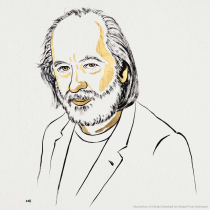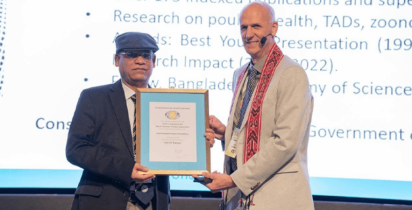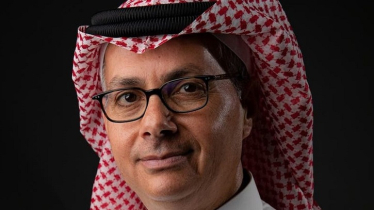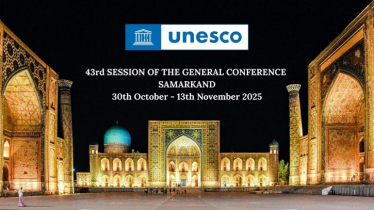
Chief Advisor Professor Muhammad Yunus has directed the Ministry of Foreign Affairs to take special initiatives to swiftly resolve visa-related complications that are hindering the expansion of Bangladesh’s overseas labor market.
He gave the instruction during a meeting of the National Steering Committee formed to ensure a smooth and sustainable transition of Bangladesh from the Least Developed Country (LDC) category. The meeting was held on Wednesday at the Chief Advisor’s Office in Tejgaon, Dhaka, with Professor Yunus in the chair.
Briefing reporters after the meeting at the Foreign Service Academy, the Chief Advisor’s Press Secretary, Shafiqul Alam, said, “There are visa processing complications in some countries that have existed since the previous government. The Chief Advisor wants these issues resolved quickly, and the Ministry of Foreign Affairs has been asked to take additional measures.”
He added that new opportunities are emerging for Bangladeshi workers in several Eastern European countries. During his recent visit to New York, Professor Yunus received positive indications from the presidents of Kosovo and Albania and the Prime Minister of Kosovo regarding the recruitment of Bangladeshi workers. However, due to the absence of Bangladeshi embassies in those countries, visa processing has become complex.
“In many cases, Bangladeshis have to travel to New Delhi to apply for visas,” the Press Secretary said. “The Chief Advisor wants these challenges addressed without delay.”
The meeting was attended by leaders from the pharmaceuticals, apparel, and other business sectors. Discussions covered a wide range of topics including import policy, gas supply, challenges in the banking sector, incentives for the ICT industry, and human resource development.
Business representatives particularly emphasized the importance of uninterrupted gas supply. They noted that consistent gas availability is crucial for industrial operations, especially in man-made fiber industries. Participants proposed expanding regasification units and establishing new land-based terminals, which they said would enhance industrial productivity and attract international investment.
Shafiqul Alam further noted that discussions on free trade agreements are ongoing with Japan, South Korea, Singapore, the United Arab Emirates, and Malaysia. To strengthen the government’s negotiation capacity, Bangladesh is working closely with the Asian Development Bank (ADB) and the World Bank.
On the ICT sector, participants discussed shifting incentives from traditional industries to those based on artificial intelligence (AI) and frontier technologies. The Chief Advisor emphasized the need to boost employment and capacity in this sector and announced plans to present a roadmap soon to guide its development.
Bangladesh Bank Governor Ahsan H. Mansur briefed the meeting on the current state of the banking sector, inflation, and foreign exchange reserves. He reported that the country’s reserves are now sufficient to cover five months of import expenses, while inflation has dropped from 12.5 percent to 8.3 percent.





